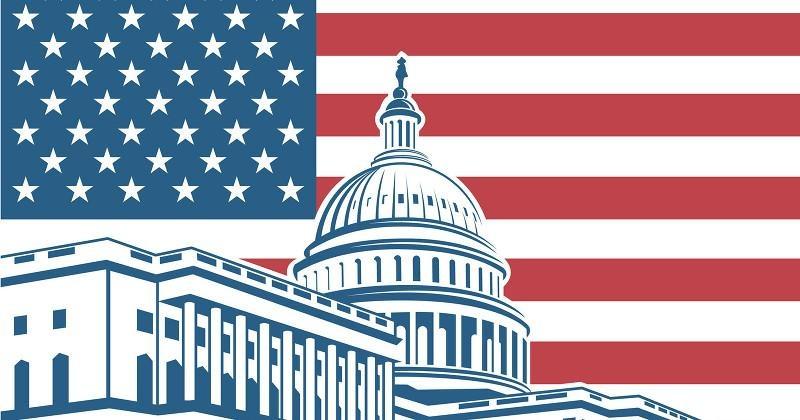
What will be the biggest surprise on election night?
It’s a common and valid question, but I’m always a little amused by it.
If I were able to identify a completely unexpected or astonishing event that would happen a month from now, then that event shouldn’t be considered completely unexpected or astonishing. I think the better exercise is to understand how and why surprises happen, particularly with saturating coverage of elections. Here are four reasons.
Lack of attention
Two of the biggest electoral surprises in recent history happened because of a lack of media coverage and party attention. Both took place in primaries in districts that weren’t regarded as competitive.
I get asked if I predicted primary victories by Republican Dave Brat in Virginia in 2014 or Democrat Alexandria Ocasio-Cortez in New York this year. The short answer is no. (I was actually playing softball for Category-5 when House Majority Leader Eric Cantor lost to Brat.) But the longer answer is that I wasn’t really looking either.
I’m primarily focused on the general election races that will change party hands, or primaries in contests that will affect control of Congress. Mitt Romney won Virginia’s 7th District by 11 points in 2012, and Hillary Clinton carried New York’s 14th by 58 points in 2016. Following primary challenges against incumbents in partisan districts just isn’t a priority when for every Brat and Ocasio-Cortez, there are thousands of long-shots who lose.
Party strategists are similarly focused on districts and states that will help them maintain or regain the majority. They don’t have the resources to help incumbents through primaries in solidly partisan districts. So, if the parties aren’t polling or paying attention, there is a higher likelihood of a surprise.
Bad and missing data
In 2014, Cantor’s campaign released a May 27-28 poll that showed him leading Brat 62 percent to 28 percent, and a June 2 poll for The Daily Caller had Cantor up 52 percent to 40 percent. On June 10, Cantor lost by 11 points. It’s fair to say those polls were a bit off.
Had there been more polling of the race, by different pollsters, including surveys taken closer to primary day, it’s likely that Brat’s victory wouldn’t have been as big of a surprise. But the limited data fit with the narrative of the race: A well-funded incumbent was taking his race seriously because he was airing TV ads and leading in the polls.
We now know that Cantor’s TV ads might have been helping Brat by raising his profile. But ultimately, even though Cantor lost, an incumbent prevails under similar dynamics most of the time.
Sometimes, even when there are a significant number of surveys in a race, pollsters misread the expected turnout or the bottom falls out in the final days. But most candidates, committees and campaigns won’t poll in the final days because all strategic...

